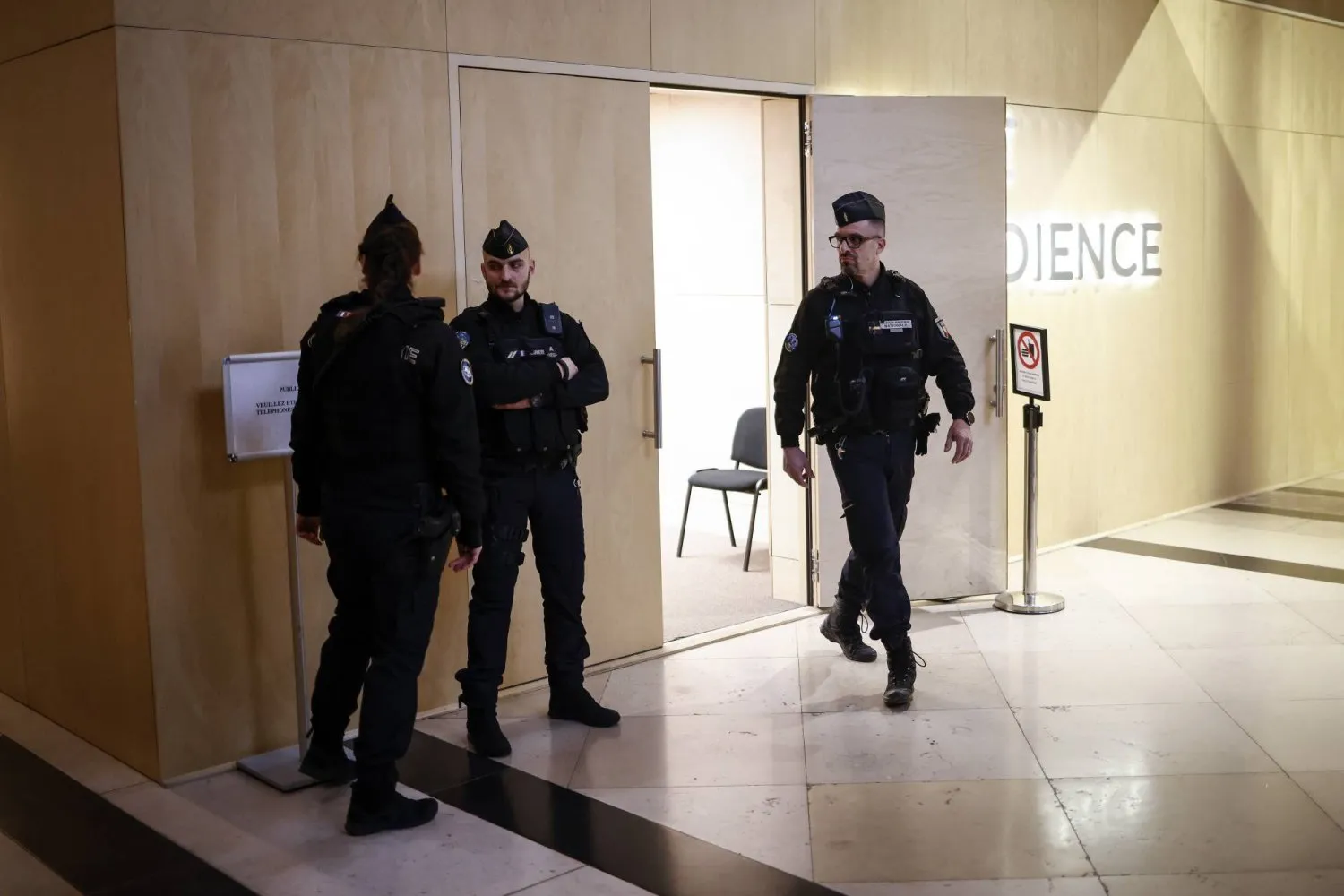The trial of four men suspected of having played a key role in supplying weapons to the perpetrator of the December 2018 shootings at the Strasbourg Christmas markets began on Thursday.
Five people were killed and 11 others injured after a gunman opened fire near a crowded Christmas market in the eastern French city of Strasbourg. The four men are suspected of having played a key role in supplying weapons to the perpetrator of the December 2018 attack.
Chérif Chekatt, 29, opened fire with a 19th-century revolver on 11 December in the historic centre.
After the attack, he hailed a taxi to the south of the city. After a 48-hour manhunt, he was killed in a shootout with police.
ISIS claimed responsibility for the Strasbourg attack via its Amaq news agency. Later, Chekatt pledged allegiance to ISIS in a video found in his apartment.
Chekatt, who was born and raised in the city, attacked passersby with a gun and knife at three different locations in the shadow of the city’s cathedral, where the Christmas market attracts millions of visitors each year.
Chekatt had a long criminal record with more than 20 convictions for theft and violence. He had spent several spells in jail and was on a watchlist of radicalised former prisoners, according to The Guardian.
The trial is due to last until April 5.
Four French men, aged between 34 and 43, are on trial in Paris. Three – Stéphane Bodein and Frédéric Bodein, brothers who buy and sell used cars, and Christian Hoffmann, an unemployed mechanic – are accused of involvement by helping to procure weapons.
Only one of the defendants, Audrey Mondjehi-Kpanhoue, 43, a former security guard who had been a cellmate of Chekatt, is facing terrorism charges and could face life in prison.
A fifth man, aged 84, will not appear for health reasons, and is likely to be tried separately at a later date.
The trial will hear accounts of survivors and the families of those killed, including a father who had fled Afghanistan and was visiting the market with his children, as well as a Thai tourist. Dozens of survivors were left with life-changing injuries and psychological trauma, The Guardian said.
One survivor, now working as a teacher in Paris, said how the attack changed her life forever after two of her friends were shot in front of her.
The woman in her 30s, who asked not to be named, described how she had just handed in her PhD thesis and was working as a student journalist on a radio station at the European parliament in Strasbourg.









